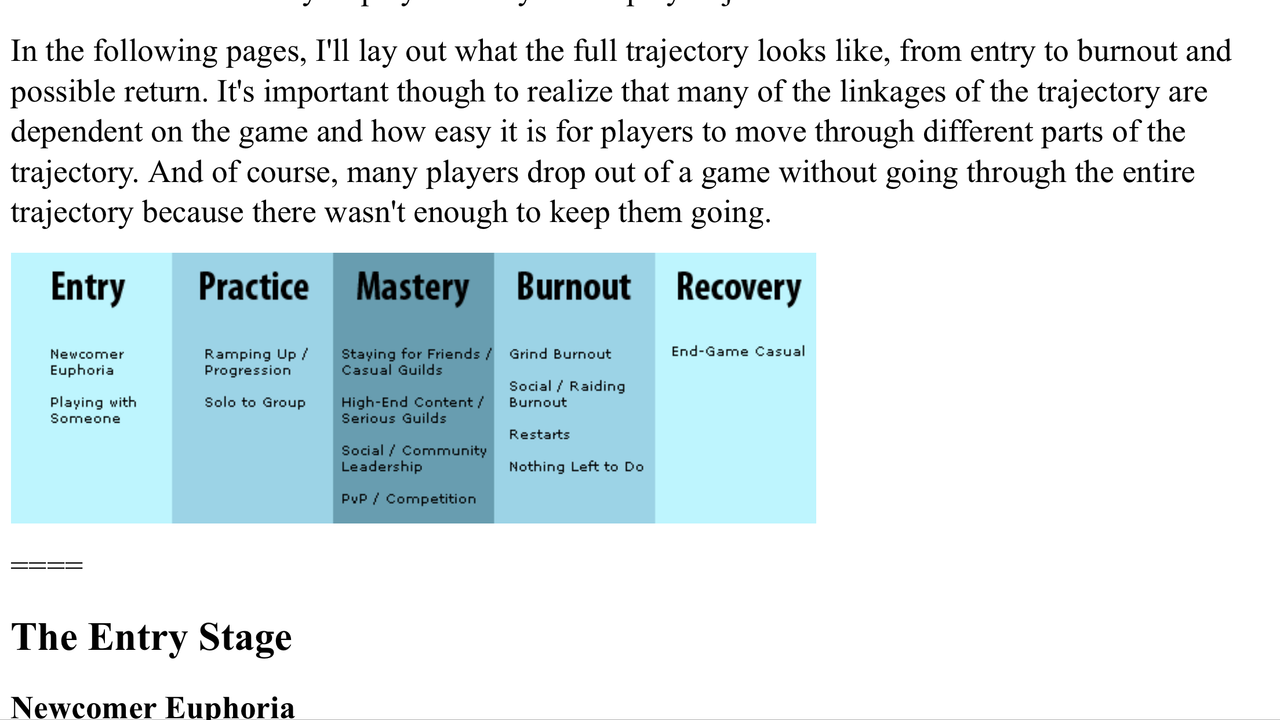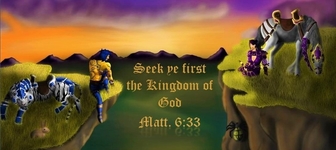Lately I have been hearing the cancerous statement, its just a game. Usually followed up by I feel sorry for anyone who views it as more than that. In my opinion this is usually an antidote someone is using to justify a selfish behavior. Most college students will take a Psychology 101 or equivalent class. Anyone who studies humans and the way their brain works knows that MMORPGs are more than a game. Further more, speaking of Celtic Heroes, the way they game is designed encourages more social interaction with live players than other MMORPGs.
When one makes the comment of "it's just a game" they are not taking into account the relationships and friendships they have built up. Celtic heroes is a game that the end game atmosphere is essential to be played in a social environment. Most clans have discord, Line, Facebook chat groups set up to coordinate and communicate what is going on. These settings add to the environment of it being more than a game. When a player chats in these settings, and real emotion is transferred it is more than a game. I know some people spend as much time in these arenas as they do logged into the game. Real relationships are formed.
Everything I have stated has been my opinion. I feel however, that it is important to look at things from an experts view point. Nick Yee, in his book "The Proteus Project" (ironic name). Goes into detail the psychology of an MMORPG. Specifically as it relates to the view of it being just a game he has a lot of powerful findings. Over the next several passages I will be quoting his direct research found here (http://www.nickyee.com/daedalus/archive ... hapter.pdf)
You form real relationships:
It has also been suggested that there are factors unique to MMORPGs that facilitate relationship formation [35]. The kind of high-stress crisis scenario outlined earlier in the chapter occur with great frequency in these environments under different guises. When paired with the degree of emotional investment users place in these environments, many relationships are in fact triggered by these trust- building scenarios, analogous to boot camps and fraternity initiations in the material world.
To succeed in ** you need to form relationships with people you can trust. The game does a wonderful job of forcing people in this situation. Real life rarely offers this opportunity as technological advances mean we have little reliance on others and individuals are rarely thrown into life-or-death situations. [male, 29]
Some of our most positive and negative "life" experiences happen in Celtic Heroes.
The appeal and salience of these environments is further demonstrated by the degree that users are emotionally invested in their avatars and the environment. When respondents were asked whether the most positive experience they had experienced over the period of the past 7 days or the past 30 days occurred in an MMORPG or in real-life, 27% of respondents (n = 2170) indicated that the most satisfying experience over the past 7 days occurred in the game, and 18% of respondents indicated the same when the wording was changed to “over the past 30 days”. With regards to the most negative event, 33% of respondents indicated that the most negative experience over the past 7 days occurred in the game, and 23% of respondents indicated the same when the wording was changed to “over the past 30 days”.
Griefers want you to believe its just a game to justify their actions
And no matter what any guilt-ridden griefer may say, there's always a living, breathing person on the other end of our in-game actions. If there weren't, nobody would play the game. The fact of physical separation is only a minor limitation and not a barrier to friendship; can a blind person not make friends? So why should it be that because we cannot physically see or touch the people in the game with us, we cannot interact in a meaningful way? A particularly significant example I can remember is talking a troubled young friend that I met in game out of ending her real life. I knew she needed a friend, and I knew she needed to talk, but it wasn't until the end of the discussion that she let on she had been thinking about making the big mistake, and I had given her hope. That qualifies as meaningful, and the entire conversations took place in game and over ICQ. [UO, M, 29]
"Clan Banners" matter
Identifying with a group motivates individuals to enhance the value of the group [27]. Players who identify strongly with their group will engage in actions that increase its status. In MMORPGs, guild members are aware of the existence of other guild members and experience a sense of belong-ing through their interactions with other players [48]. In addition, the guild allows them to share information and play games for longer periods, experi-ences that are not available when playing alone. Therefore, the social support provided by other guild members within the game environment should play an important role in developing loyalty ... Social identity theory identifies three reasons for this relation-ship. First, loyalty validates and reinforces the feeling of group membership, which fulfills a self-definitional need. Second, social identity theory claims that group members seek to improve the status of their group, and the behaviors of continued playing and positive word-of-mouth recommendations serve this purpose. Finally, player–group identification fulfills an emotional need
In closing
Celtic Heroes is more than a game, its a social environment in which people form real relationships. Anyone who tries to say its just a game is trying to mislead a person. Their are emotional needs that are met in a clan environment and when people purposefully strive to break up that environment they are hurting people. When an individual leaves a clan that they have been part of and built relationships with only to try to compete against them they are having a negative psychological effect on people, it is more than a game.
More than a game
#1World - Gwydion - semi retired in 2020
- restarted in 2022 on Herne - 220 (rogue)
Searching for the next adventure.
- restarted in 2022 on Herne - 220 (rogue)
Searching for the next adventure.


